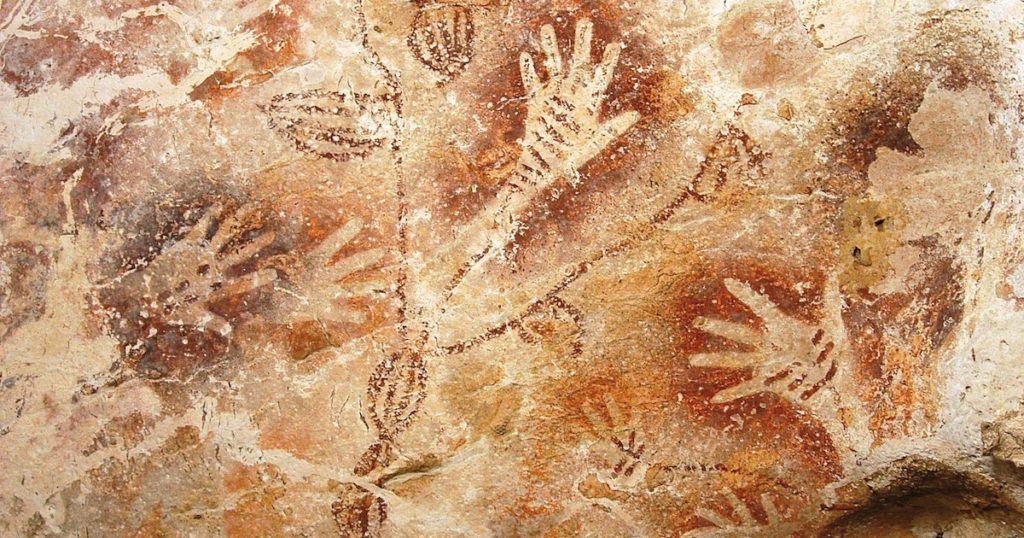 Evolution
Evolution
 Human Origins
Human Origins
Evolutionary Psychology: When We Looked In, No One Was There

On a recent episode of ID: The Future, Casey Luskin and I discussed my chapter on evolutionary psychology in The Comprehensive Guide to Science and Faith: Exploring the Ultimate Questions About Life and the Cosmos (2021). Evolutionary psychologists claim to find the basis of human psychology in what enabled our remote ancestors to survive — that is, in prehuman or prehistoric behavior.
A conceptual problem has always bothered me. Reading University of New Hampshire philosopher Subrena Smith helped clarify my thoughts: There is no such thing as a fossil mind.
If our behavior is said to stem from our prehistoric or prehuman past, not from our known human circumstances, evolutionary psychology is a discipline without a subject. Also, any human motive that cannot be accounted for in terms of survival of the fittest (compassion, religion, etc.) becomes, by definition, something to be explained away — accounted for in “evolutionary” terms, not in the terms in which the actors themselves would understand it.
Wait. As I said in the chapter in Comprehensive Guide: If we are in a hole, let’s just stop digging. There are no prehistoric humans or prehumans on the planet — just live humans and countless fragmentary records from vanished ones. Because minds don’t fossilize, anything we think we know about the minds of putative prehumans is speculation.
Sometimes, the need to build a scenario blunders on the facts. Casey Luskin offers an example.
Read the rest at Mind Matters News, published by Discovery Institute’s Bradley Center for Natural and Artificial Intelligence.
